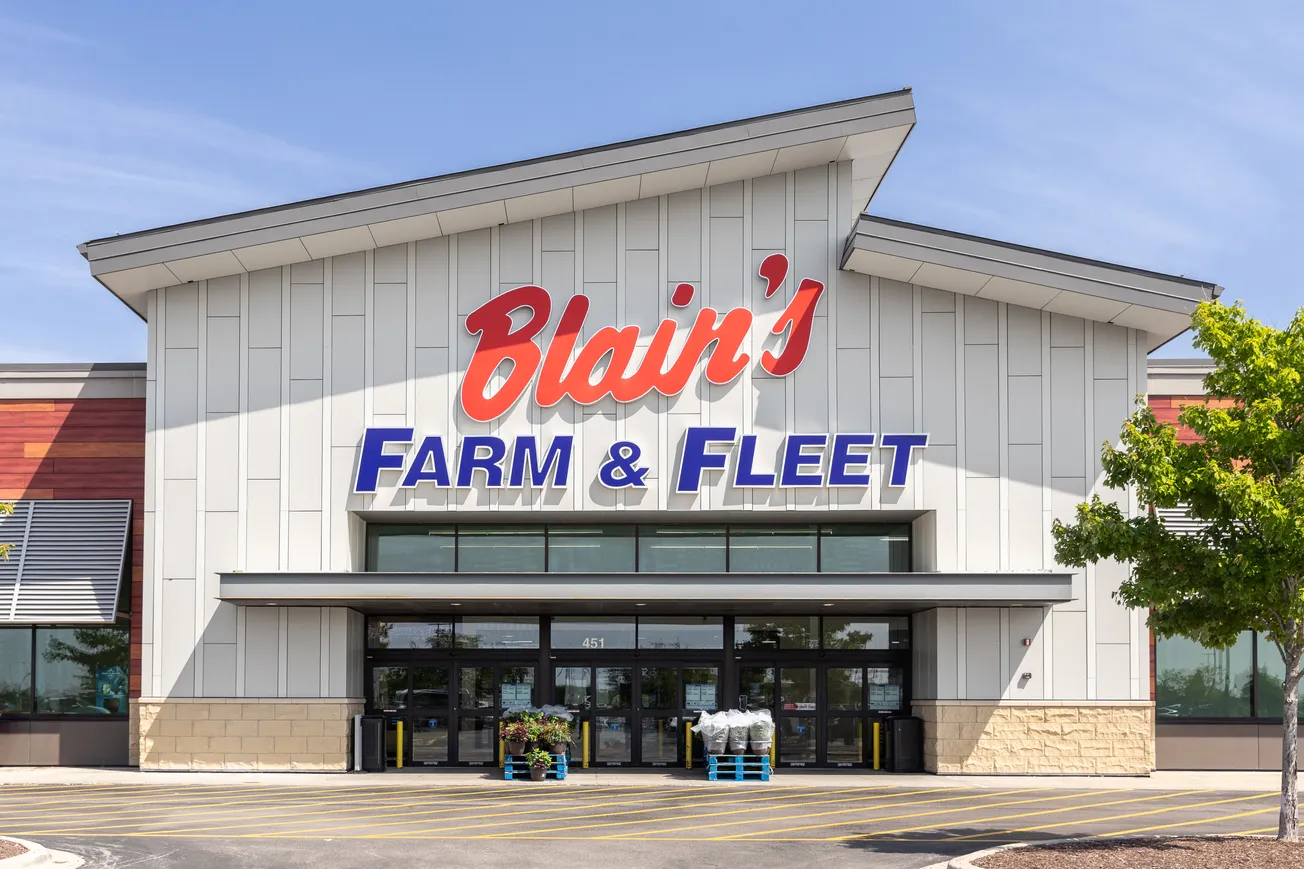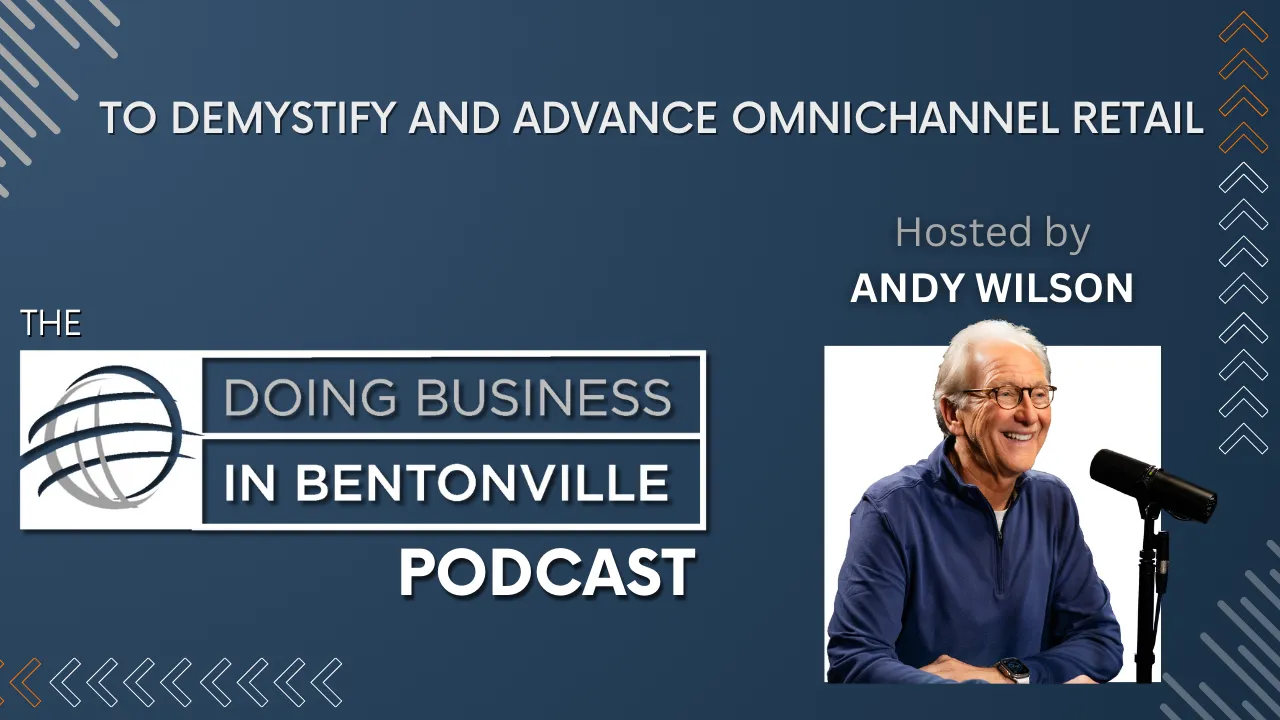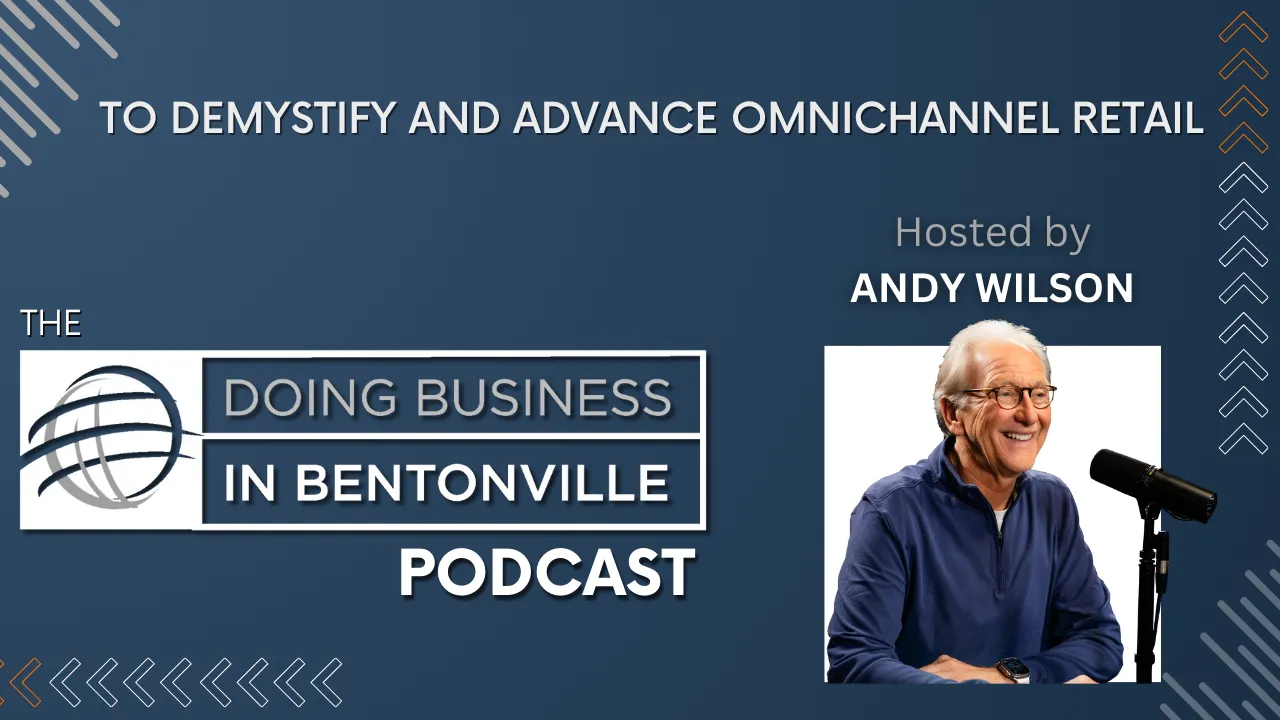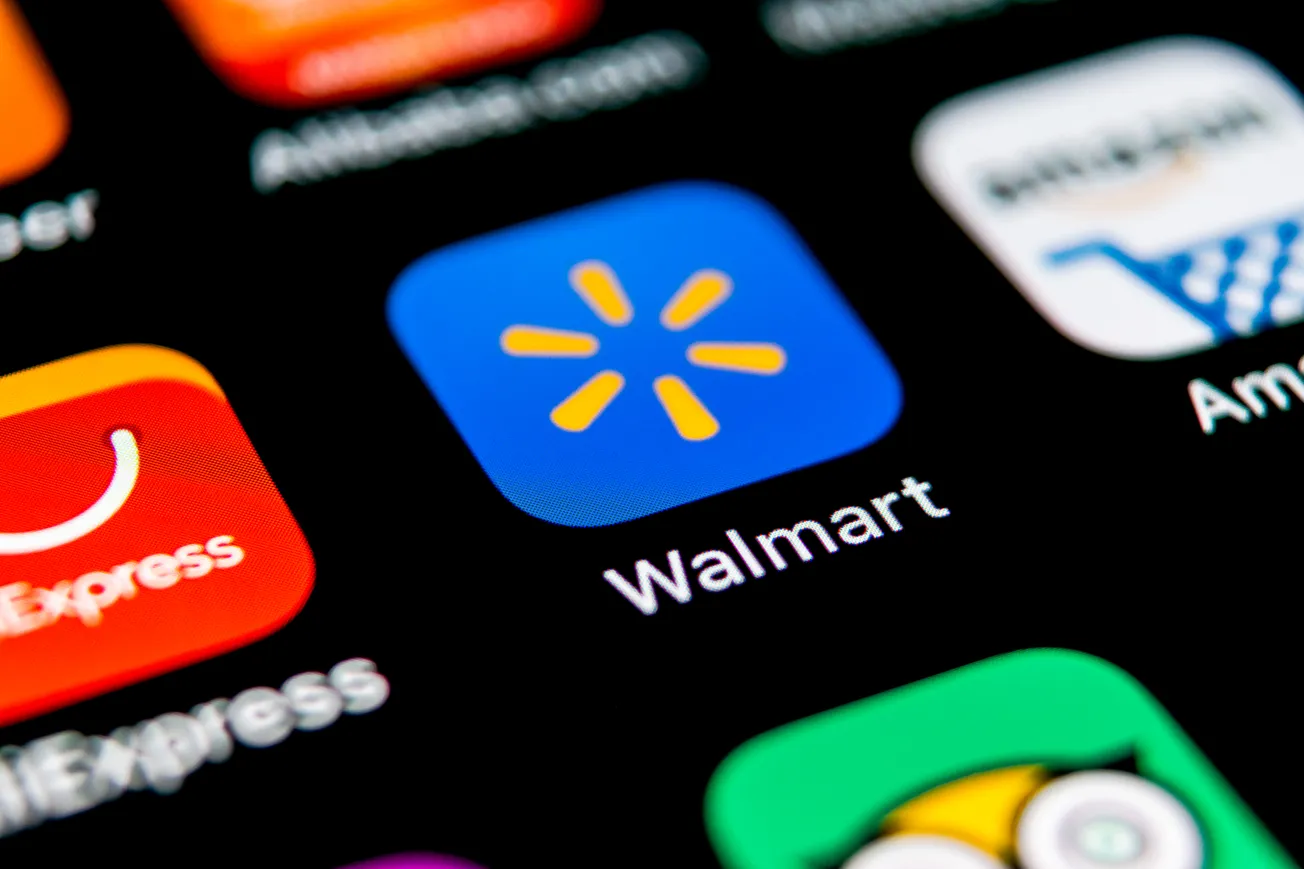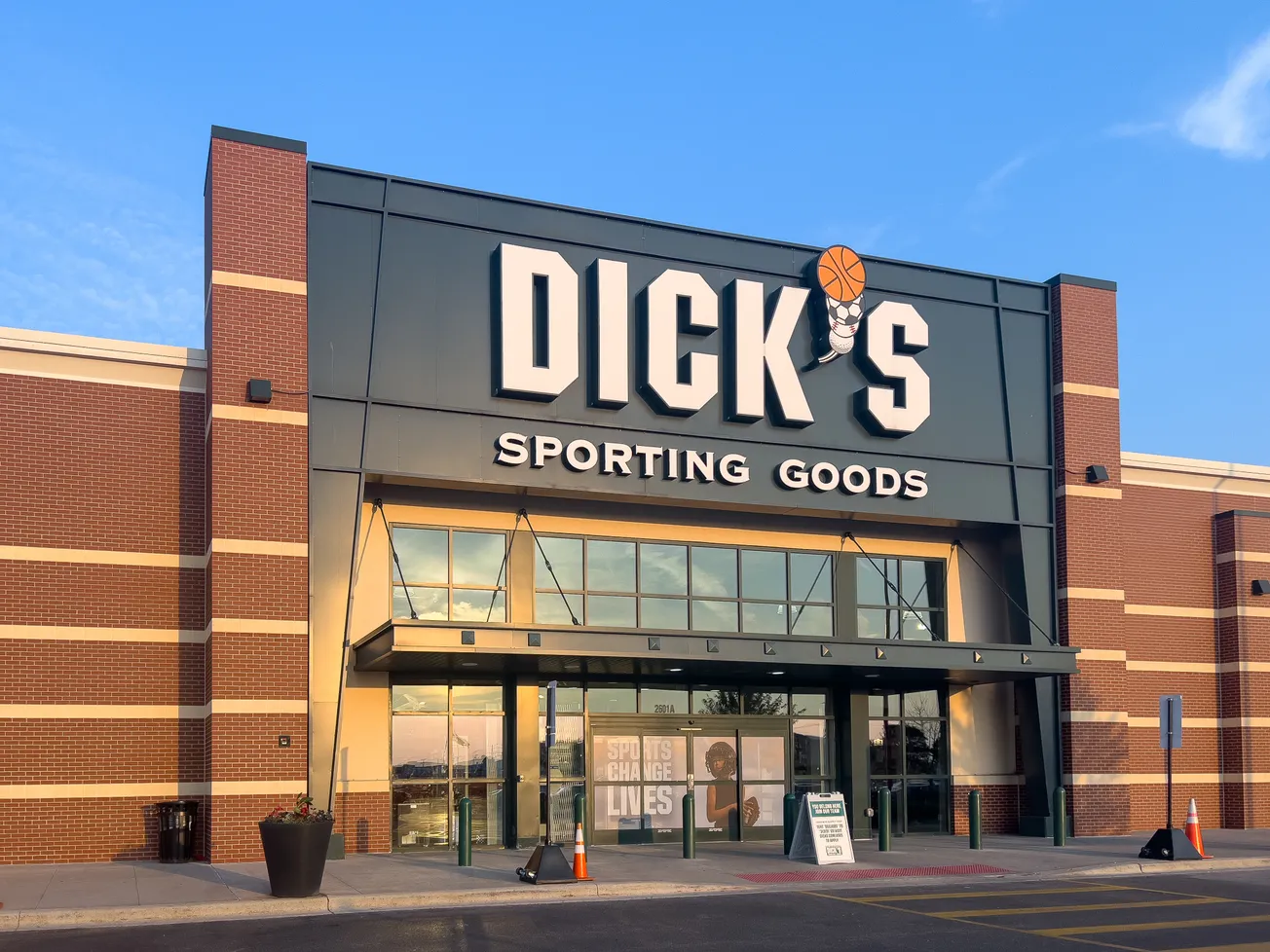Klarna has officially secured a contract as the exclusive Buy Now, Pay Later provider for Walmart in the U.S., taking over a role long held by rival Affirm.
Klarna's agreement covers both in-store and online purchases across Walmart’s 4,600+ locations and digital platforms. The deal marks one of Klarna’s largest U.S. partnerships to date and is part of a broader strategy to deepen its presence in the American market.
Affirm’s relationship with Walmart began in 2019, when the retailer first introduced BNPL as an alternative to layaway and traditional credit cards.
At the time, Affirm was still emerging from startup status and benefited significantly from Walmart’s national scale. The partnership allowed Walmart shoppers to finance purchases over $150 with longer-term monthly installments. Affirm later expanded into shorter-term pay-in-4 options as well, aiming to compete with Klarna and Afterpay, who were quickly gaining U.S. traction.
However, Klarna's business model and technology appear to have given it the edge in 2025. Klarna offers a more diverse set of repayment plans, a widely used app with real-time shopping tools, and a growing ecosystem that includes rewards and curated product discovery.
In contrast to Affirm’s traditionally loan-focused infrastructure, Klarna’s user experience has emphasized flexibility, immediacy, and app-based engagement—appealing qualities for both retailers and shoppers.
While neither Walmart nor Affirm publicly disclosed the reasons for the switch, Walmart’s decision likely reflects a desire to consolidate payments under a platform that is scalable, tech-forward, and capable of integrating more seamlessly into mobile and omnichannel environments.
For Affirm, the loss of Walmart is more than symbolic—it removes a key revenue driver and significantly narrows its mainstream retail footprint at a time when the company is still striving for profitability.
In securing two high-profile partnerships, one with Walmart and the other with DoorDash, Klarna has positioned itself as a leader in the evolving Buy Now, Pay Later industry.
These deals not only mark major milestones for the Swedish fintech but also signal broader changes in the world of consumer finance, including the decline of traditional credit card programs and the expanding reach of installment-based payments.
The Fall of Capital One and Walmart’s Retreat from Branded Credit Cards
The same week Klarna’s Walmart deal was announced, a federal judge cleared the way for Walmart to exit its co-branded credit card partnership with Capital One.
The program, launched in 2019, was meant to modernize Walmart’s financing options by offering a digital-first credit card experience. But the relationship quickly deteriorated.
Walmart alleged that Capital One repeatedly failed to meet service standards, including timely payment processing and prompt issuance of replacement cards. The dispute escalated into litigation, with Walmart seeking to end the agreement early.
On March 14, 2025, a judge ruled in Walmart’s favor, allowing the retailer to begin winding down the program before its original expiration date in 2026.
The collapse of the Walmart-Capital One relationship underscores a deeper trend in the retail sector: the declining relevance of co-branded credit cards.
Once a staple of major retail chains, these cards are now increasingly viewed as outdated. They require consumers to take on revolving debt, often carry high interest rates, and lack the flexibility that today’s shoppers are demanding.
For retailers, fintech partnerships offer a more agile and scalable alternative. Klarna’s installment-based model gives shoppers the ability to break payments into smaller chunks—usually with no interest—without the baggage of long-term credit obligations.
Walmart’s dual move to cut ties with Capital One and bring Klarna onboard sends a clear signal that the company is pivoting away from traditional finance and toward more flexible, digital-native solutions.
How BNPL Has Replaced Layaway—and Why It Matters
The rise of BNPL is not only a reaction to the limitations of credit cards; it also marks the evolution of older retail financing tools like layaway.
Walmart officially ended its layaway program in 2021, citing low customer demand and changing consumer habits. In its place, the company initially offered Affirm’s BNPL services during the holiday season.
Layaway was once a popular method for budget-conscious shoppers to reserve big-ticket items and pay for them over time. But the drawback was clear: consumers didn’t receive the item until the final payment was made. The program was helpful for retailers managing inventory and appealing to non-credit users, but it lacked flexibility and immediacy.
BNPL flips the equation. Customers receive the item right away and pay over time in structured installments.
Klarna’s model typically allows for four biweekly, interest-free payments, or longer-term financing when needed. This immediacy has made BNPL particularly appealing to Gen Z and millennial shoppers, many of whom are wary of traditional credit and prefer the transparency of fixed payments.
Klarna and its fintech peers have also modernized the user experience. Instead of standing in line at a store to enroll in layaway, users can activate a BNPL plan at checkout—online or in-store—with just a few taps on their phone.
The seamless nature of the process, paired with slick user interfaces and budgeting tools, makes modern BNPL more than just a financing method—it becomes part of the shopping experience itself.
Klarna and DoorDash Bring BNPL to Daily Spending
Klarna’s second major U.S. deal came just days after the Walmart announcement. This time, the company partnered with DoorDash to introduce BNPL for food delivery and grocery orders.
Through Klarna’s Pay in 4 service, DoorDash users can now split their orders into four equal installments over six weeks, with no interest if paid on time.
This move pushes BNPL into a new frontier: everyday, low-ticket spending. Unlike electronics or apparel, food is a high-frequency purchase category.
Klarna’s entry into this space signals a strategic expansion beyond retail and into lifestyle finance. The DoorDash integration positions Klarna not just as a payment option at checkout, but as an embedded financial tool in consumers’ daily lives.
For DoorDash, the integration could drive higher order values and customer loyalty, especially among younger demographics looking to manage tight budgets without giving up convenience. For Klarna, it opens up a vast volume of smaller transactions and keeps users engaged with the app on a near-daily basis.
The move also reflects the maturing of the BNPL market. What began as an alternative to credit cards for online purchases has evolved into a ubiquitous payment model applicable across verticals—from travel and healthcare to groceries and food delivery.
Klarna’s back-to-back deals demonstrate not only its aggressive expansion strategy but also the growing normalization of BNPL as a primary payment method.
A New Financial Ecosystem Emerges
Taken together, Klarna’s deals with Walmart and DoorDash, the collapse of Walmart’s relationship with Capital One, and the broader adoption of BNPL in new sectors illustrate a changing financial landscape.
Traditional credit tools—once dominant—are being outpaced by faster, more transparent, and more consumer-centric fintech solutions.
Klarna’s positioning as a lifestyle brand, not just a payment processor, gives it a strategic advantage. Its partnerships signal a future where financing is no longer tied to banks and revolving debt, but to digital platforms that prioritize user experience, flexibility, and accessibility.
As Klarna continues to scale and competitors like Affirm work to regain ground, the BNPL race is no longer just about who offers financing—it's about who owns the customer relationship.



